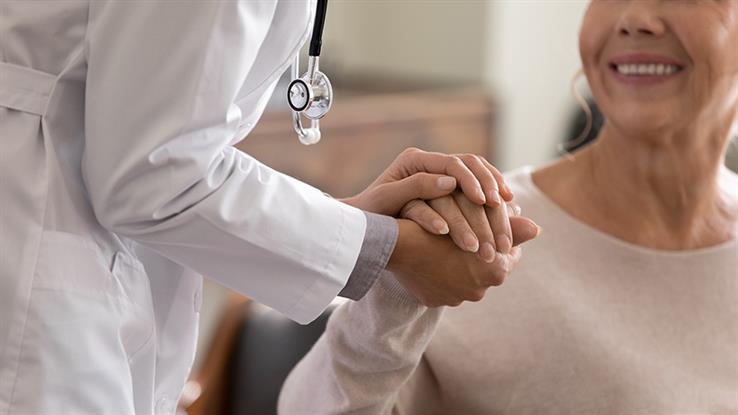When to Schedule a Esophagogastroduodenoscopy (EGD)
- Category: Safety and Prevention
- Written By: Henry County Hospital

What is an Esophagogastroduodenoscopy (EGD)?
Using a long flexible tube with a camera at the end, an Esophagogastroduodenoscopy (EGD) is inserted into the mouth and advances to the small intestine. Used to diagnose or treat a variety of stomach issues, such as ulcers, and inflammation, it examines the esophagus, stomach, and duodenum (small intestine).
Why You Might Need an EGD
If you have been experiencing routine issues in your upper gastrointestinal tract, an EGD might be recommended by your doctor to find the cause. Some of the most common prolonged problems that could lead to testing include:
- Abdominal or chest pain
- Nausea or vomiting
- Heartburn
- Bleeding
- Problems swallowing
Though these are the most common symptoms, there are several other reasons your doctor might schedule an EGD. If some abnormalities such as polyps, stuck objects in the esophagus, or bleeding are spotted, they can be treated during the procedure.
What to Expect
Before the day of your procedure, your doctor will explain what exactly will occur, and how you can adequately prepare. Be sure to ask any questions you may have so you can be fully ready for the day ahead. You will need to refrain from eating anything for eight hours before the procedure and talk to your doctor if you take any daily medications.
You will be sedated, so make sure you have a ride to and from the process. Most of the time and EGD procedure takes 15 to 20 minutes, and you will be in recovery for about 30 minutes after for observation.
After an EGD Procedure
Once the procedure is complete, your test results will be discussed with you and sent to your primary or referring doctor for their review. Soreness in your throat may occur for a few days. Serious risks are rare, and once the sedation wears off, you should be feeling back to normal in no time.
With more visibility and options than an x-ray, an upper endoscopy is a safe and routine way to spot any digestive problems. At Henry County Hospital, we are committed to providing excellent service in all aspects of general surgery and procedures. We use state-of-the-art technology and offer personalized care — our priority is always the patient.


